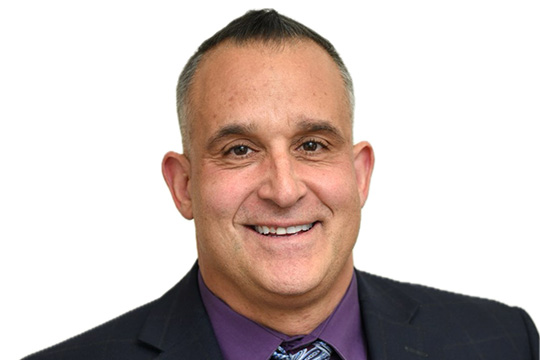- Leaders In Health
- Posts
- Weekly Recap - July 12th
Weekly Recap - July 12th
The latest healthcare leadership searches, hires, and news.

"Management is doing things right; leadership is doing the right things."
In today’s edition:
Discover the latest leadership searches, moves, and hires from leading organizations, including Aspirus (Wausau, Wisconsin), OhioHealth (Dublin, Ohio), PeaceHealth (Ketchikan, Alaska), North Alabama Shoals Hospital (Muscle Shoals, Alabama), South Shore Health (Weymouth, Massachusetts), and many more.
FEATURED OPPORTUNITIES
 | Vice President, Marketing and Communications |
 | VP Patient Care Services/CNO |
 | Senior Vice President and Chief Operating Officer |
 | Vice President, Hospitality & Facilities |
 | Vice President, Perioperative Services |
 | Chief Supply Chain Officer |
 | CEO |
 | Vice President (VP) Lab Services |
 | Regional Vice President, Operations – Houston |
 | Associate Chief Financial Officer, Vice President |
EXECUTIVE MOVES AND HEADLINES
FOR EMPLOYERS
Hiring Healthcare Leaders?
We can help boost your search, generate referrals, and uncover passive candidates. Click below to learn more and submit a job.
BONUS: AI IN HEALTHCARE
AI's Potential to Cut Healthcare Costs
In a recent paper published by the Paragon Health Institute, the potential of AI to reduce healthcare costs is thoroughly examined. Highlights from the paper include:
Potential Savings: AI could reduce administrative costs by 7-14% and medical costs by 5-8%, particularly through enhanced data processing and predictive analytics.
Efficiency Gains: AI can streamline administrative tasks such as billing, scheduling, and resource allocation, significantly cutting overhead costs.
Improved Diagnostics: AI enhances diagnostic accuracy in fields like radiology and ophthalmology, reducing unnecessary procedures and improving patient outcomes.
Autonomous Care: Remote monitoring and treatment through AI can decrease hospital stays and related expenses by providing continuous patient care at home.
Barriers to Implementation: Key obstacles include regulatory barriers, misaligned payment incentives, high initial investment costs, and the need for substantial training.
Regulatory Recommendations: The paper suggests that Congress should focus on removing regulatory and payment barriers that hinder AI adoption. It also cautions against large taxpayer investments or forced technology adoption.
Data Integration and Security: Emphasis on the need for robust data integration and security measures to protect patient information and ensure compliance with privacy laws.
Explore the full paper to understand how AI can transform healthcare while overcoming these barriers: Lowering Health Care Costs Through AI: The Possibilities and Barriers
Thanks for reading. If you enjoyed this newsletter, please consider inviting your network to subscribe and join our growing community.
– Joe Burke, Leaders In Health









